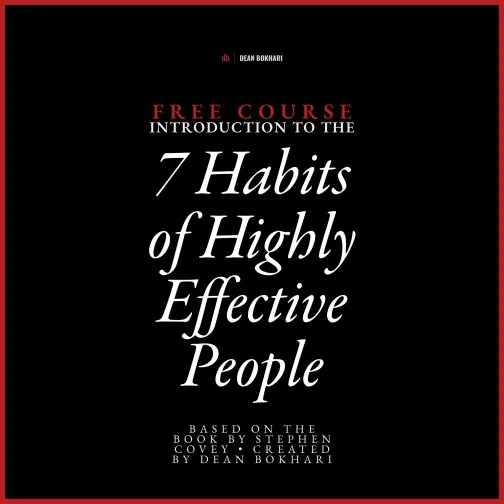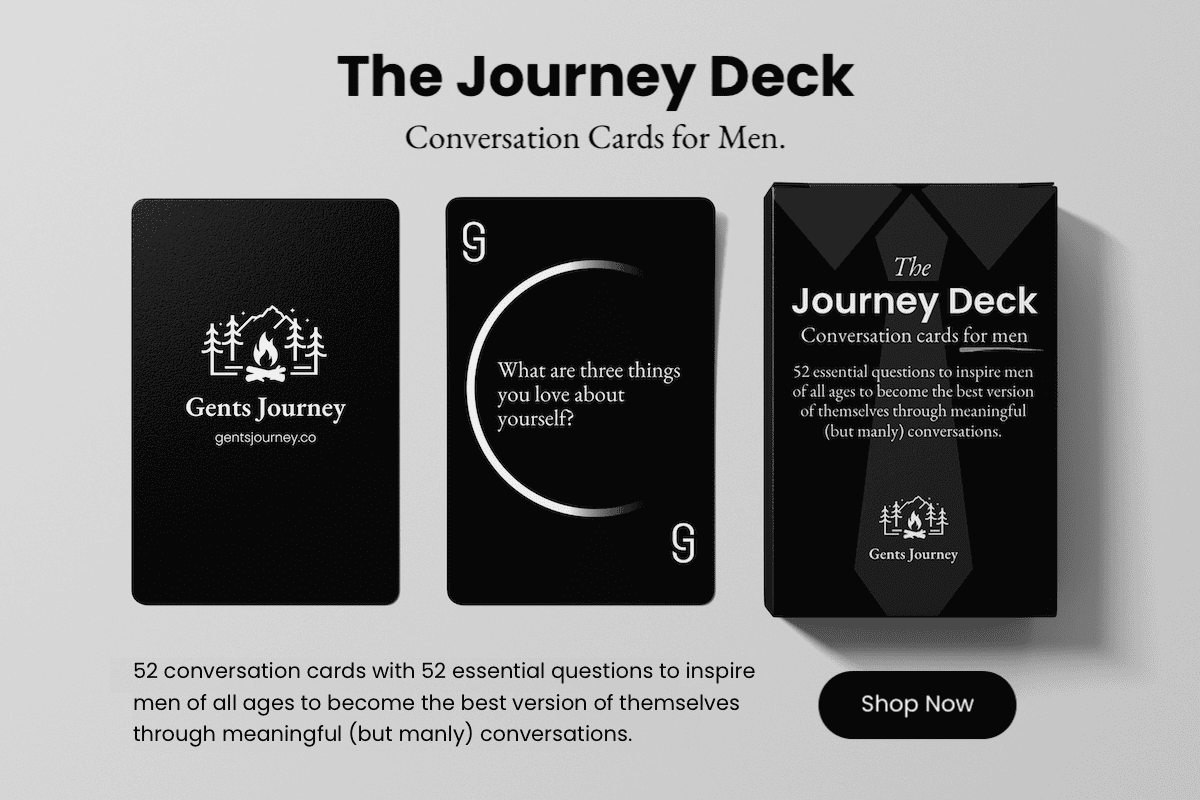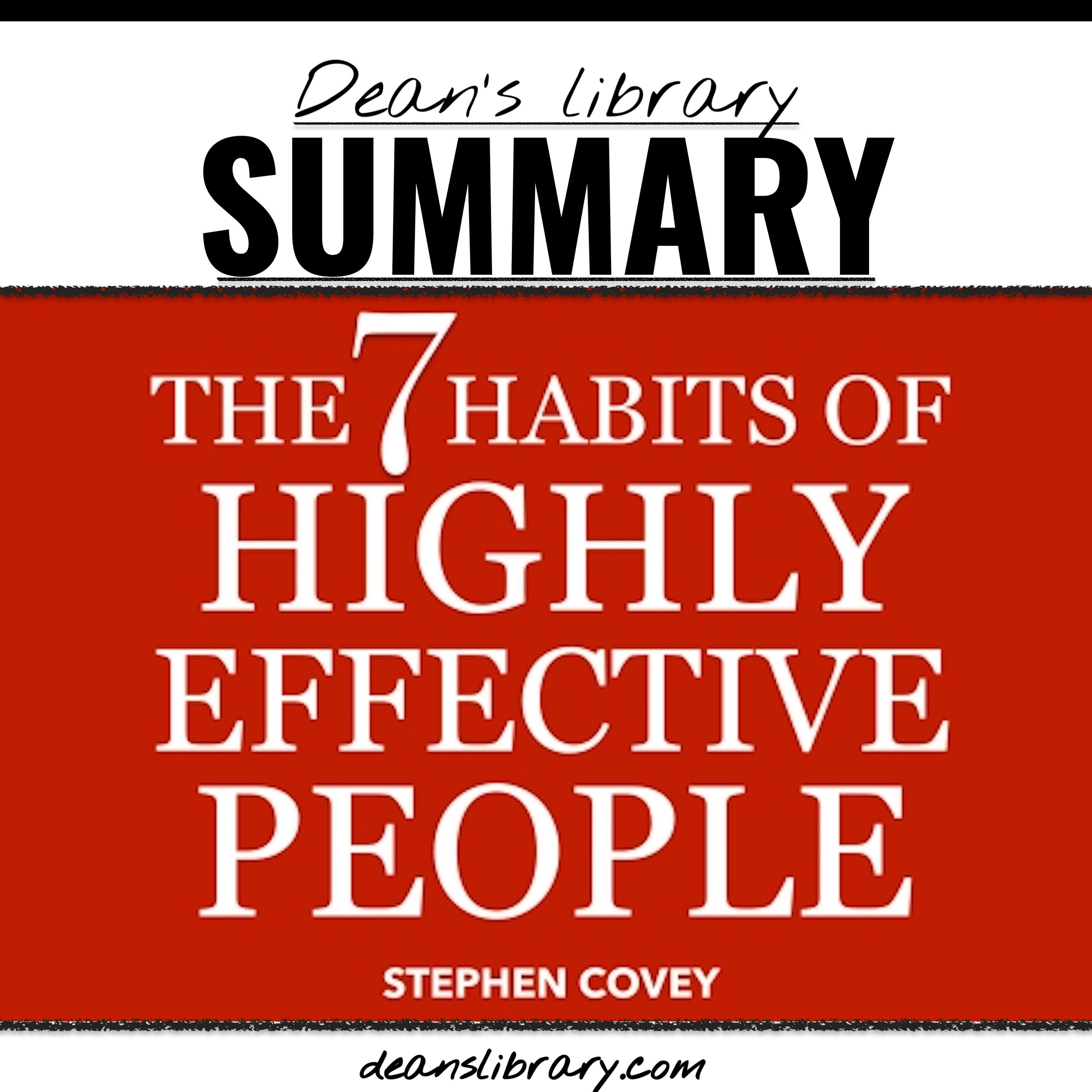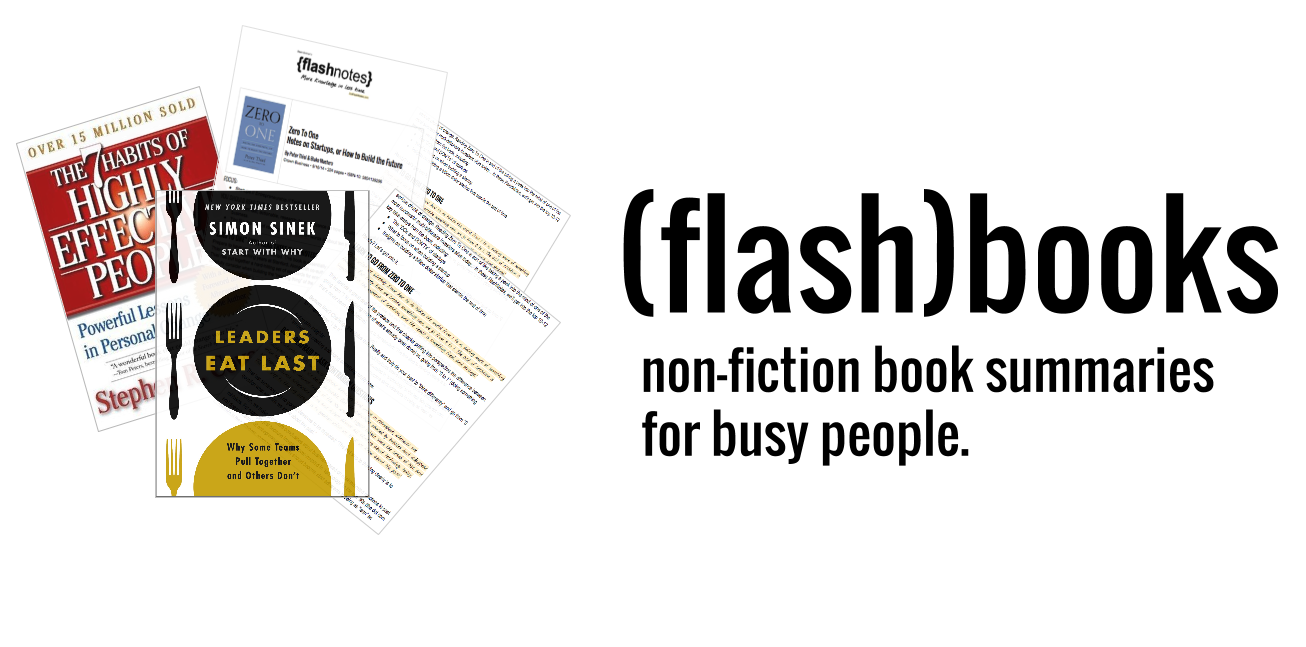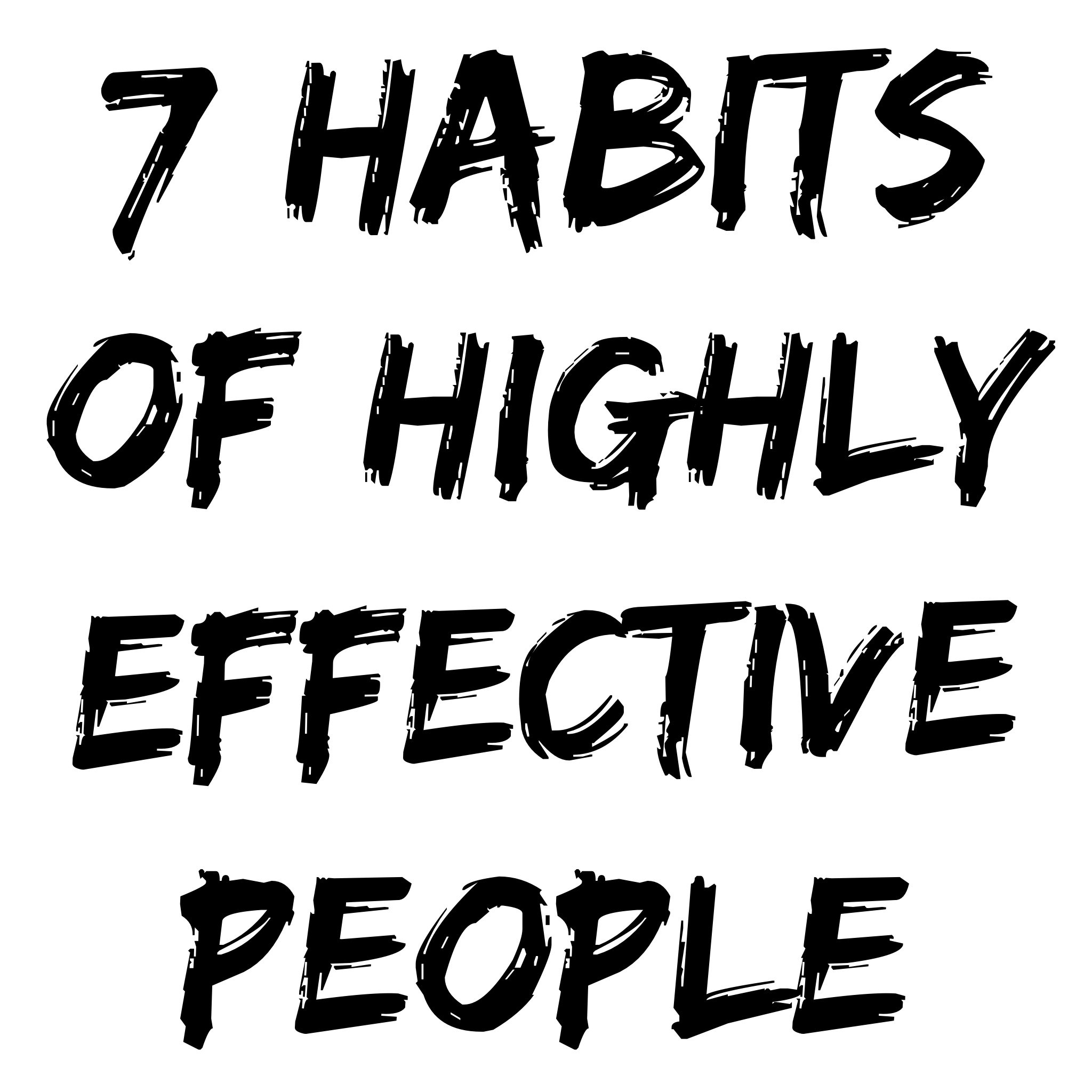Sell or Be Sold
Everything in life is sales. Succeeding at selling leads to succeeding at life — both personally and professionally. (click to tweet)
Whatever you do for a living, I can guarantee you that it requires you to sell. Every interaction in life (not just your job) pivots on your attempt to sell something - which is why it’s crucial that you learn about sales and selling.
Today’s article/podcast is dedicated to teaching you a handful of the core, fundamental principles of selling—which is a skill everyone should master, regardless of whether you’re selling products to potential buyers or trying to sell your friends on which movie to watch.
This piece was inspired by a book written by Grant Cardone, titled Sell or Be Sold, which is packed with actionable insights on developing your ability to sell your: ideas, services, products, and anything else that helps you improve your life and achieve your goals. Today, we’ll look at some of my favorite Big Ideas from the book.
TOC:
2. Practice and Commitment = Greatness
4. You’re in the people business
1. Everything is selling
“Selling is used every day by every person on this planet. No one is excluded. Selling is not just a job or a career; selling is essential to the survival and well-being of every living individual. Your ability to do well in life depends on your ability to sell others on the things in which you believe… Selling is not just a job—selling is a way of life!”
At its core, “selling” is persuading someone to do something. People typically think of the selling of physical objects, and they’re not wrong: Land can be sold. Food can be sold. Clothes, resources, technology, appliances—you name it.
But selling is about much more than buying products. There’s another dimension of selling that we all engage in on a daily basis: The sale of ideas… Things like comfort, luxury, simplicity, and security–these are all ideas, and they can all be sold. For example, when you buy car insurance, you’re buying peace of mind–the idea that, if something were to happen to your car, you know that your insurance company will cover the cost of repairing your car after an accident.
People also buy ideas about what beliefs to adopt and which actions to take…
Missionaries sell belief in their religion. A man sells his partner on the idea that one concert would be a better to see than another. A parent sells her daughter on finishing her vegetables. I’m selling you on finishing this article.
Bottom line? If you want to achieve anything–whether you’re selling shoes or selling ideas, or selling your wife on why you should turn your backyard into an outdoor gym–it’s important to know how to sell.
Selling is an invaluable skillset – one which most people are never taught.
But that stops now.
Here’s a great exercise that Cardone recommends in the book…
Actionable insight:- Make a list of all the roles you play in your life, e.g. sibling, parent, significant other, employee, board member, etc. For each role on the list, make another list of the different ways selling is involved. This will show you how important selling is to your whole life, not just your job.
2. Practice and commitment = greatness
“The guy who thinks the grass is greener ‘over there’ is the same guy who never commits to taking care of the pasture he already has.”
Many people tend to undervalue what they can do, and overvalue what others can do. They look at someone who’s achieved a certain level of greatness–a level that they, themselves would like to achieve–and they say, “Gee, they’re just on an entirely different level. I could never do that.”
They think of those who have achieved greatness as superhuman, and they think of themselves as ordinary people who aren’t capable of doing what they can do…
But this is nonsense. Anyone can become great.
People who became great worked their way to that position through a level of commitment that, perhaps, you simply haven’t convinced yourself to reach yet.
But before you can become great, you must become a professional.
The first step from amateur to professional is to stop thinking of the greats as “others.” They are no different from you. They didn’t reach the top by wishing and getting lucky, but rather by understanding that their fates were their responsibilities. After you admit that you’re in charge, you’re just one skip away from rocketing to the top.
If you want to be a pro at selling, you need to completely immerse yourself in it. Spend almost all your time focusing on selling.
Listen to audio programs, audiobooks, or podcasts on selling when commuting to work. Take notes of your sales interactions while at work—jot down every customers’ hesitations and objections as well as how you try to handle them; record your phone calls; practice with coworkers and videotape it. Spend your lunches practicing. Take fewer coffee breaks; on the breaks you do take, don’t spend them complaining about how other salespeople “just have it better." Don’t blame bad numbers on a bad economy. Or on your customers.
It’s not the customers and it’s not the economy.
It’s you.
Take responsibility.
That may have sounded harsh—but there’s beauty in taking responsibility, because it puts you back in charge.
You can’t make full commitment without accepting full responsibility and knowing that you have the control and ability to change your failures into successes.
Don’t hope to get better—get better!
Spend your evenings reviewing your notes and recordings. Patterns will start to jump out at you, both of consistent customer complaints and of how you respond, and which responses do and don’t work.
Dedicated study of these patterns with an unbiased, unemotional lens will allow you to start predicting customer interactions. When you can predict, you can know ahead of time how to respond to every interaction. Ready responses boost confidence (yours and the buyer’s!) and allow you to close more deals. You know more, so you sell more, so you earn more.
This is the first result of becoming a pro. It’s a key step. Without the ability to predict, you will never have a full grasp of the selling process. All your attempts—even the successful ones—will be mere floundering and guesswork. Reach the point where you know you have the correct responses. Only then will you truly be on your way to greatness.
3. Take Massive Action
“Throw a pebble in a pond and it creates ever-widening ripples. Pound the pond with mortar round after mortar round and then follow up with more mortar rounds, and you’ll create a massive lake. Everyone around will come to see what you’re doing.”
The concept of “massive action” is as simple as it sounds. Whenever you put action into something, make the amount of action you put in a massive amount of action. This rule comes into play from the very beginning of your rise to greatness. Every problem you tackle, every goal you decide to aim for, every project idea that pops into your head, throw yourself in headlong. Be a fanatic. Be so motivated and work so hard that others will tell you that you’re being unreasonable. GOOD–Be unreasonable!
Most people think that when you’re faced with a prospect that requires your attention, there are three types of action you can take: (1) You can take the right action, (2) the wrong action, or (3) you can no action at all. Of the three, taking no action is the worst choice you can make, because no action means no results.
Taking massive action is the fourth course that most people don’t think about. This is about deciding how much effort will be required, and then multiplying that by 10X. More action means more results.
As long as the actions you’re taking are not negative, and are instead moving you in a positive direction, then taking massive action has no downside. It will only lead to problems if you use “problems” in a very loose sense of the word. You’ll no longer have the problem of having too few clients. You’ll now have the “problem” of having so many clients that you’re almost unsure if you can keep all your appointments. But what an excellent problem to have!
Use massive action. Work like a madman. Spend so much extra effort that others are amazed beyond belief by the results.
People chronically underestimate the amount of time, resources, energy and effort it will take to achieve their goals. The idea of taking massive action is to overestimate these levers to help you expedite the speed at which you go from start to finish.
Actionable insight:- Write down at least one time when you underestimated how much effort was necessary to reach a goal, how much you underestimated, and why.
- Write a list of your current goals and how much effort you think each will take. Compare these to the time(s) you underestimated, and consider if you need to reevaluate for your current goals.
- Write out what your action will look like to reach your goals with your current expected amount of effort. Then write out what it’ll look like with ten times that amount of effort.
“If you understand the product before you understand people, you’re putting the cart in front of the horse.”
As a salesperson, you must put yourself in the buyer’s shoes—only the ability to think like a customer will allow you to easily and repeatedly sell to customers. One baseline rule to remember is that people like to feel good. They like to buy products they think will make them feel good, but, more importantly to you as a salesperson, they like to feel good as they’re buying. Even though they know they’re being sold to, customers don’t like to feel like they’re being sold to. (This goes back to the stereotype of the sleazy salesperson.) You might be selling a product to a customer, but it’s more precise to say that you are selling a customer on a product. The product is there no matter what; you won’t have a sell if you don’t have a buyer. Know your product, but don’t focus on it. Focus on the buyer—get to know them.
When you’re with a customer, that customer should be your sole focus. They should be the most interesting person in the world. Don’t just greet them and immediately jump into your sales pitch. Talking AT someone is not the same as talking WITH someone. Instead, greet them and immediately start building a relationship. Let them know they have 100% of your attention. Ask them question after question, and actually listen to the answers. Pay attention to undertones and hesitations so you can tease out the concerns and hopes they’re less willing to tell you initially. Show them you care. And don’t just pretend to care. Care.
If a customer doesn’t think you’re paying full attention, or if they start to sense that you’re being dishonest in any way, whatever confidence they may have had in you will vanish. Always assume that the customer distrusts you when you first meet. Give them no reason to believe that. Earn their trust. And make sure that they feel like you trust them as well. Actively believe what they’re saying about their reasons for shopping.
That doesn’t mean follow the cliché advice that “the customer is always right.” We all know that the customer is not always right. However, what advice you do want to follow is to always agree with the customer. The difference between the two is that, with the latter tip, you still have room to show the customer why they should change from their original opinion to your opinion. If you simply tell the customer that they are correct flat out, the conversation is over. Without backpedaling, you have no chance to debate further; backpedaling makes you look less confident and honest, and frustrates the customer and decreases their trust in you. Agreeing allows maneuvering. It’s not manipulation. It’s assuring the customer that you understand their position before offering them an alternative. You will never reach an agreement if you aren’t agreeing.
If a customer tells you they’re interested in your product but that they’ve heard rumors of mixed reviews, definitely don’t flatly tell them they’re wrong. But also don’t tell them they’re right. Agree. Say, “I understand that there are some mixed reviews floating around, but here, let me show you these statistics.” You’ve agreed with them but also led them toward a new way of thinking. Additionally, providing documentation is an excellent way to gain further trust. It’s easier to believe what you see than what you hear. If you show a customer graphs of positive vs. negative reviews and other evidence for your claims, they’ll be exponentially more likely to quickly believe you instead of the rumors.
Build a relationship with your customer and do everything you can to make their decision an easy one. Make them know you care. Show the documentation. Address their concerns. Don’t focus on what commission you can get from them. Focus on what you can give to them. Sales is all about giving, so give every customer your all.
Actionable insight:- Practice Cardone’s “agreement challenge.” The goal is simple; reaching it is not. Try to agree with everyone you talk with for a straight 24 hours. Each time you outwardly disagree, restart the clock.
PS: Want the FULL book summary for Sell or Be Sold by Grant Cardone? Check it out here
LIVE LIKE YOU GIVE A DAMN,
Dean Bokhari
- If you find the podcast helpful, please rate + review it on Apple Podcasts »
- Got a Self-Improvement question you'd like me to cover? Submit it here »
"Dean Bokhari's Meaningful Show is the Self-Improvement Podcast I've been
waiting for. It's actionable, inspiring, and BS-Free." —Brett Silo
✨ New Series: How to Become an Early Riser
- Discover key methods to make early rising a habit
- How to wake up early + energized every morning
- Morning routines for health + success
Free self-development courses
👇
Tap on any of the courses below to start learning how to:
- boost your productivity (withGTD),
- get focused (with Deep Work),
- design a successful + fulfilling life (with The 7 Habits course),
- or learn the art of influencing others (with the How to Win Friends & Influence People course.)
All for free.
👇
Free life guides
👇
Best-selling Self-development courses by Dean Bokhari
Kill procrastination.
|
Get stuff done.
|
Get motivated.
|
Connect with anyone.
|
freshly pressed:
Top Audiobooks narrated by Dean Bokhari on audible
Book summaries
- The Power of Habit by Charles Duhigg
- 12 Rules for Life by Jordan B. Peterson
- Presence by Amy Cuddy
- Leaders Eat Last by Simon Sinek
- The ONE Thing by Gary Keller, Jay Pasan
- Deep Work by Cal Newport
Read or Listen to top Self-Help + Business Book Summaries in 20 Minutes or Less.
or


